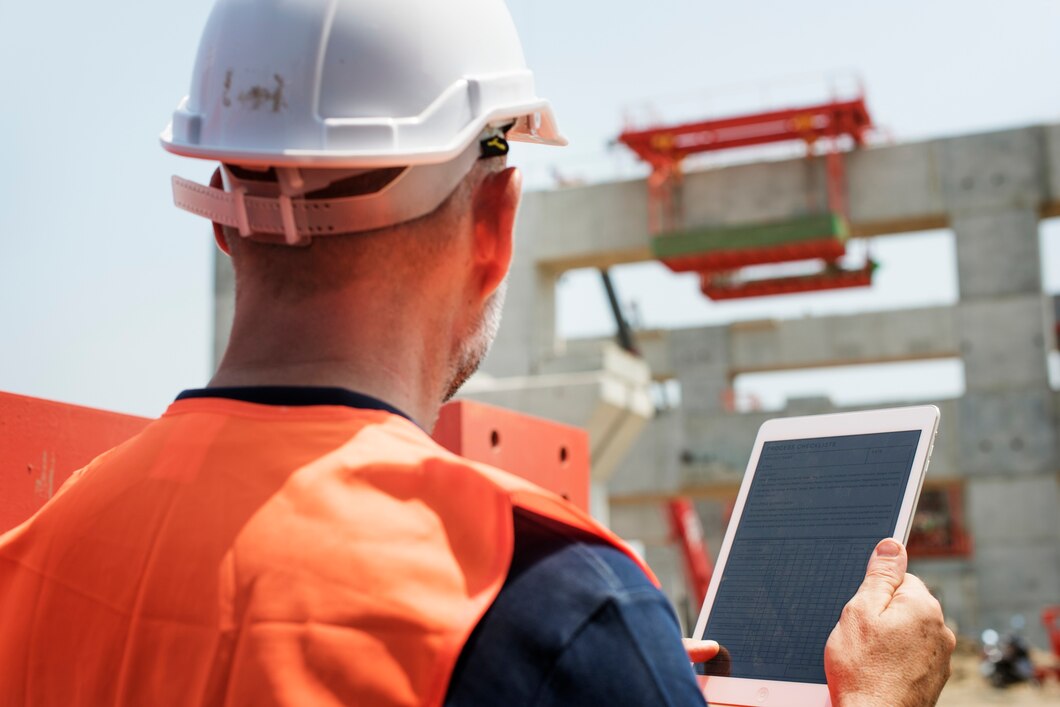In the dynamic industry of construction, the integration of technology has been a game-changer. Among these technological advancements, digital construction management platforms have revolutionised how projects are planned, executed, and monitored. This article delves into the myriad ways these digital tools are reshaping the construction industry.
Enhancing Efficiency and Productivity
One of the most significant impacts of digital construction tools is the substantial increase in efficiency and productivity they bring. Traditional methods, often mired in paper-based processes and manual data entry, are time-consuming and prone to errors. In contrast, these digital platforms streamline project management by automating tasks, from scheduling to resource allocation. As a result, project managers can focus on more critical aspects of their work, like strategy and execution.
Improving Communication and Collaboration
Effective communication is the backbone of any successful construction project. Digital tools provide a centralised platform for team members to share information, updates, and feedback in real time. This improved communication ensures that everyone involved in the project, from architects and engineers to contractors and clients, is on the same page, reducing misunderstandings and delays.
Risk Management and Safety Enhancement
Construction sites are inherently risky environments. Digital assets, like those found with next-gen construction planning tools, play a crucial role in mitigating these risks. But in what way? They provide real-time data on various aspects of the construction process. That type of information helps in identifying potential hazards, guaranteeing compliance with safety regulations, and implementing corrective measures promptly.
Cost Control and Budget Management
Managing costs is a critical aspect of construction projects. Digital tools offer real-time budget tracking and cost analysis features, enabling project managers to make informed decisions and keep the project within financial constraints. That degree of financial oversight is crucial in an industry where budget overruns are a common challenge.
Sustainability and Environmental Considerations
Sustainability is increasingly becoming a priority in the construction industry. Digital construction tools aid in this endeavour by facilitating the efficient use of resources and reducing waste. For instance, they can help plan for optimal material usage, monitor energy consumption, and oversee that sustainability practices are followed throughout the project lifecycle.
Owners and managers within these industry enterprises are encouraged to review eco-friendly construction practices as an official guideline. Here is an opportunity for organisations not just to talk the talk, but to enact tangible change for the benefit of the brand and the community at large.
The Future of Construction
Looking ahead, the future of construction is undoubtedly intertwined with digital innovation. The ongoing development of these tools promises even greater efficiencies, with emerging technologies like artificial intelligence and machine learning set to offer new levels of data analysis and predictive capabilities.
In Closing…
The construction industry is undergoing a significant transformation driven by the adoption of digital tools for construction projects. These technologies not only streamline various aspects of project management but also contribute to safer, more sustainable, and cost-effective construction practices. As the industry continues to evolve, embracing these digital solutions will be crucial for staying competitive and meeting the ever-changing demands of the construction landscape.
